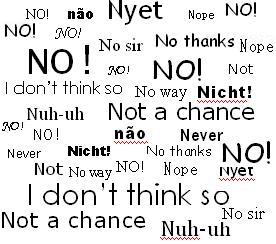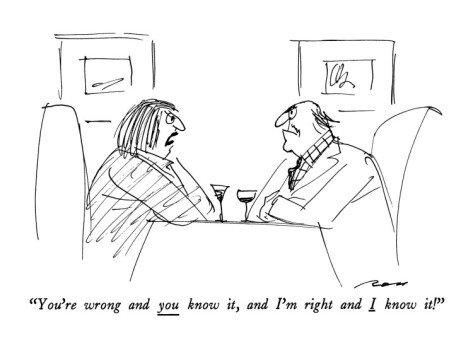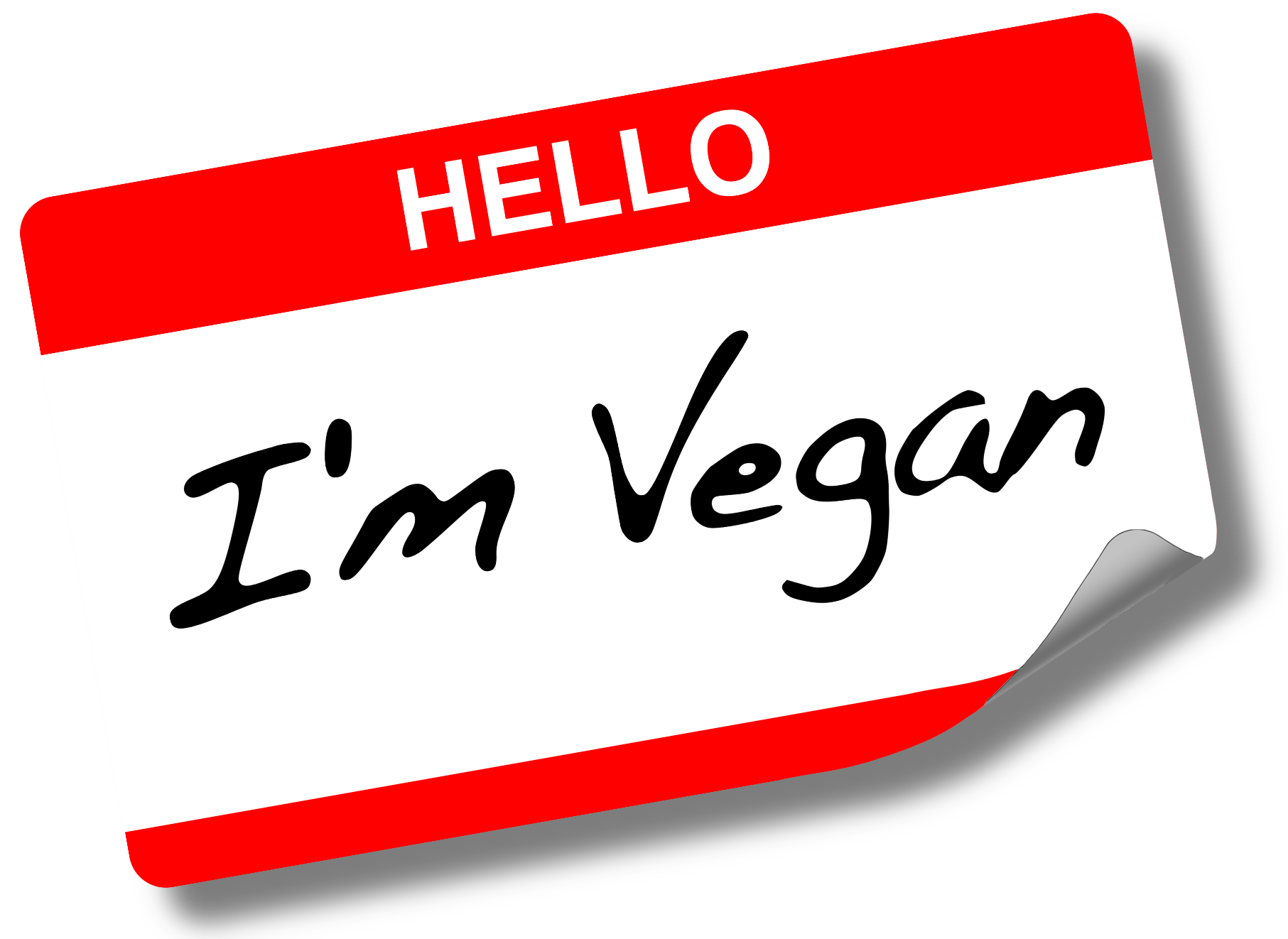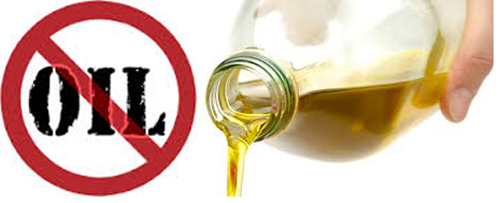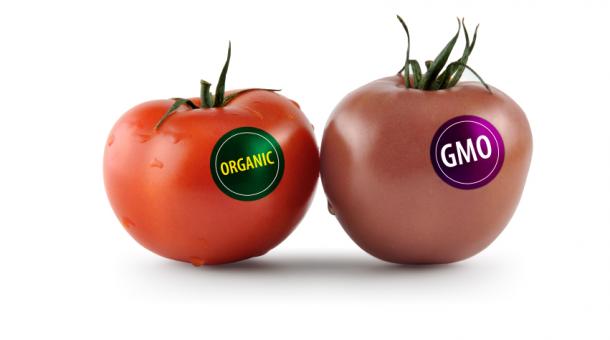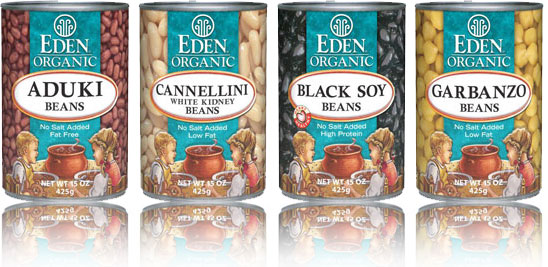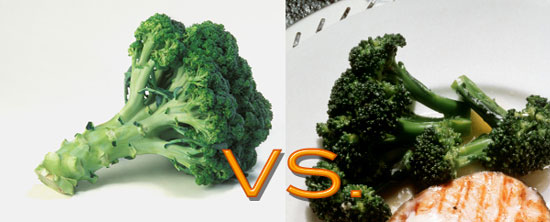FTC Notice: This post contains affiliate links that go towards supporting the blog.
I thought I’d do an article about dealing with controversies you may experience and topics you may still be confused about when learning about a whole foods plant based diet. So I’d like to take the opportunity to share with you an overview to give you an understanding of why I promote what I do and why.
I know I can’t please everyone of course, but I do try to help the majority of people the best I can. Sometimes though I receive nasty comments, emails or Facebook messages though from upset, irate or crusading individuals who focus on the one “supposedly important” belief they hold that I don’t agree with. I wonder if these people actually realize how they come across and that I am a real person like them, and I am only trying to educate, focus and help as many people as possible eat as best they can.
The internet is not always a kind place, let me tell you and sometimes it’s even worse when you have an online business and public persona to attack. I will admit that it’s hard for me to not care what other people think and it does hurt my feelings to receive nasty or rude comments via email or another social outlet for my business. This is the nature of the internet these days, and many people hide behind their computers and criticize others more harshly than they would these same people in person. There isn’t really a solution to this, but I will just ask that you consider that everyone behind a computer is a real person and think twice before becoming one of these angry online posters. Beliefs and lifestyles make people very emotional and it’s quite easy to get up in arms about a difference of opinion and try to convince someone that they are 100% wrong and you are 100% right.
I don’t pretend to argue that I am 100% right about everything, but I do my research and do stay well informed. I trust the plant-based doctors I stand behind such as Dr. McDougall, Dr. Fuhrman, Dr. Esselstyn, Dr. Barnard, Dr. Ornish and Dr. Campbell, and I do agree with almost everything they promote. The differences between our beliefs is pretty small, and it can be because of my own experience or my physical or financial circumstances in some small cases. But I still trust their judgement and like to share their conclusions and research with my readers. I don’t just promote anything willy nilly and it can be frustrating when people get mad at me when my reasoning is substantiated.
The most frequent criticisms I get are actually about things that almost all of the aforementioned doctors agree with or support though (apart from 1 or 2 items and i’ll explain why) so it is sometimes disappointing hearing this negativity when I am supporting good information. Generally this criticism comes from people who still eat meat, believe carbs are bad and fats are good, are either for or against raw foods, are food snobs/food police, believe in moderation in everything (including bad things) or don’t know what my website is about.
Some of these contentious topics for my readers are:
- Me eating and promoting a vegan or plant based diet (avoiding all forms of animal products)
- Me eating and making 100% oil-free cuisine and using whole plant fats in small quantities only
- Me not eating 100% organic or gmo free (i.e. eating regular produce and corn or using corn starch occasionally)
- Me using canned goods occasionally in recipes
- Me using glutinous items such as wheat in recipes
- Me recommending certain vegan supplements
- Me making cooked food recipes (not 100% raw) and having raw recipes and labelling them for the blog
So I wanted to bring this into perspective. All topics might not apply to many of you, but I think it’s helpful to discuss why I stand behind some of these beliefs and hey you will probably learn a few things too!
The Animal Food Controversy
Based on the amount of new traffic and subscribers I get, I believe that a big portion of my readers aren’t actually vegan or plant-based at all. Some of them might be striving to be as plant-based as they can and learn how to eat less meat and how to cook more veg and this is great. I’m not necessarily trying to force anyone to eat all vegan with my website, but I am trying to encourage them to not need to fall back on meat and dairy because of a lack of desire for plant foods. Some people feel the need to tell me that being vegan is dangerous or bad for health and I wonder why they feel the need to tell me this. There is more support now than there has ever been for a well balanced plant based diet. There is no reason to not be able to educate yourself on this issue with the amount of free information out there so please don’t fret that eating this way is dangerous or bad for your health. (Excluding serious allergies, which is a different matter and doesn’t apply to general public.)
My stance on animal foods: Eat as many plant based as you possibly can for YOUR HEALTH and the environment. Please don’t eat meat and animal products simply because you think you HAVE to or you’ll be deficient in something, or because you are afraid not eating like everyone else is too uncomfortable. Everyone has different dietary restrictions and philosophies these days. The chance that you are going to be the “only” weirdo eating different or plant based is smaller and smaller. If you are going to eat animal products – please please be choosy! Only eat them very occasionally, make sure they are high quality (not fast food) and pick something you enjoy. Don’t do it to make other people happy, fit in, or because you’re scared to not eat meat every meal or every day. You control your health, you control your choices. Please decide based on information, not out of fear. To eat or not eat animal products is 100% in your control.
The Oil and Fat Issue
Despite what you may have heard olive oil, butter, lard, coconut oil, flax oil and any other oil IS NOT health food. Let me be clear on this. Whole foods are healthy, refined foods should not be labeled as healthy. The companies that own these refined products spend millions every year convincing you why you NEED to buy their refined so called “health” food. White sugar, white flour and any kind of oil are not health foods. They contain 100% simple sugar or 100% fat. So if you already know sugar isn’t a health food, you shouldn’t believe oil is a health food. It has no fibre, no water, no vitamins or minerals and there is no reason to be adding MORE oil to our diets when every single packaged food and restaurant item is cooked or drizzled in oil. How could you possibly be oil deficient in this world? It doesn’t happen. We have a problem with too much omega 6 in our diet which comes from animal foods and vegetable oils. Coconut oil is a saturated fat, it doesn’t have omega 3, olive oil is a monounsaturated fat, it does not have much omega 3’s and a lot of omega 6’s. For the “healthy” omega 3’s (also known as polyunsaturated fats) we actually get all we need from whole fruits and vegetables (which do contain small amounts naturally), and it’s also found in higher quantities in chia, flax and English walnuts. Please see registered dietician and plant based enthusiast Jeff Novick’s video excerpt on youtube From Oil To Nuts (or you can get the whole Oil to Nuts lecture here) and his articles Myth of Moderation Part 1 to get more detailed information. If you have any confusion about which fats are actually good for you and the truth about olive oil and coconut oil please check out those resources.
My stance on fat: I’m not sure why some readers mistakenly believe I am somehow against fat in general. I am not against whole food fats, and I do not tell people they have to eat fat free, nor do I call myself a fat free chef. What I do though is only use whole forms of fat in small quantities and keep it to once a day only. For instance i’ll use a little nuts or nut butters in a salad, a little avocado or guacamole on a bean taco/burrito, or make a dressing with hemp seeds, tahini or chia seed. If I have fat in my dinner, I don’t have any extra fat in breakfast or lunch. Why? Because fat is the most concentrated form of calories next to white sugar and white flour, and oil is the highest calorie food by volume in the world. So a little actually equals a lot, and a sufficient amount. Also it helps to keep my fat intake low at home as sometimes eating out the restaurant food will be higher in fat anyways. We need to reduce the amount of meat, dairy, butter, margarine and oil we have in our diets. Use whole fat IN a recipe, and don’t cook in oil (a refined fat).
Organic and GMO
I’ve noticed many people in Europe and California (where they can get lots of organic and non gmo foods) are very critical of others not eating 100% organic. Did you know that Dr. McDougall also lives in California and doesn’t insist that all of the food his clients and event attendees eat be 100% organic? Of course he and all of his colleagues are aware of organic and GMO’s, (they are doctors, researchers and scientists you know) and they promote whole foods plant based instead. Why? Because whole plant foods actually contain very little fat (fat cells store toxins) and pesticides aren’t found in as high amounts compared to conventional animal products. Even eating conventional and GMO plant based foods isn’t a big concern to the plant based doctors, as they haven’t seen any evidence of people getting sick eating this way. Some people are more sensitive to pesticides than others, but this is not the majority of people and not the most important issue for the general public.
My stance on organic and GMO: Like I said in my recent article, I don’t eat 100% organic. I can’t afford to for #1, and #2 where I live in Canada there isn’t the ability to get everything fresh and organic. Food is shipped in from the USA or other countries for the majority of the year. I personally have never had a problem eating conventional foods. I still wash and peel most things, but actually since becoming plant based I never get colds or illnesses anymore. I think cutting out meat, dairy and oil are the most important things to worry about. Eating lots of organic meat, butter, cheese and oil every day is not healthy just because it’s organic! Please put this in perspective. Eat as best you can afford. We don’t all have the luxury to spend thousands on food every month. I already spend almost $1000 a month on conventional food as it is for my recipes and testing! Do the best you can.
Canned Goods
Occasionally I used canned goods in my recipes, sometimes for my convenience sometimes to make recipes more accessible to others short on time. Some readers are very concerned about using canned goods and refrain from eating any at any cost and criticize me for being lazy or using “dead food” to make recipes with.
My stance on using canned goods in cooking
I certainly don’t turn to canned foods for the basis of every meal as I prefer to use fresh vegetables and beans when I can. I don’t like the taste of canned foods over fresh ones by any means, but I do use canned tomatoes as my most commonly used canned item. Next would be canned beans when I’ve run out of fresh cooked beans. Now I know all about BPA in canned goods and I am not recommending that anyone choose canned goods that contain a plastic BPA containing lining. (These linings are generally white). So I like to use items without BPA such as Muir Glen Organic Fire Roasted Tomatoes – my favorite for canned tomatoes and Eden Organic Beans – as they are oil and sodium free. But you can also find canned goods that are conventional without a BPA lining. Look for ones that say BPA free, or when you open them have a metal inner lining instead of white plastic. I don’t have a lot of awesome tomatoes year round being in Canada so I use canned tomatoes more often, but I look for ones that are BPA free and low or lower in sodium and that works for me. None of the plant based doctors are concerned about canned goods damaging your health, so this is up to you whether to include them or not. If you can grow your own fruits and vegetables and/or can them yourself, then great. If you want to cook your own beans from scratch I recommend the EZ Bean Cooker Do your best!
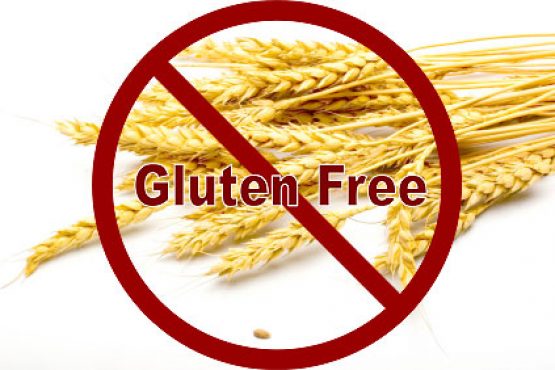
The Wheat and gluten (and carbs) being bad craze
Gluten free and low carb diets are all the rage right now, mostly promoted by paleo style eaters who try to convince everyone that wheat, gluten, grains and starchy carbs are generally bad for health and make you fat. They recommend of course that instead you eat loads and loads of meat, fat, oil, sometimes dairy (depending who the guru is), lots of green vegetables (cuz they’re “low carb”) and a scant amount of fruit (mostly berries as they believe sweet fruit which has carbs is bad). The unfortunate thing is that while it is certainly healthy to omit processed foods and get rid of all white flour and white sugar from your diet, you will not necessarily continue to thrive and lose weight eating a high fat diet. Many people feel ok initially and then feel burnt out and crave carbs like crazy over time. Omitting whole grains, and root vegetables simply because grains contain gluten and root veggies have starchy carbs makes it hard for many to feel satisfied leading them to eat more and more meat and fat. This can be bad for your heart and arteries, put you at risk for cancer and leave you feeling lethargic, headachy, cranky and make you want to binge on simple sugars and “cheat” on your diet.
My stance on wheat products, gluten and carbs
I don’t want anyone who is not diagnosed as having Celiac Disease being terrified of wheat and gluten containing products. If you do not feel seriously ill with cramping, bloating, vomiting/diarrhea within 20 minutes of eating wheat products you probably don’t need to get tested for Celiac Disease or a wheat allergy and be terrified that wheat and gluten is “making you fat”. Celiacs (many have Irish ancestry fyi) that feel bloated and fat have another issue, the allergic reaction to gluten is causing their abdomen to become distended and their intestines are inflamed and irritated. Depending on the severity of their allergy to gluten they can feel very ill for 24 hours to a few days which makes it difficult for them to go about daily life. If you are very sick all the time from eating a standard American diet then you will want to talk to your doctor and undergo some testing to find out what the problem could be. But Celiac Disease will only affect roughly 1 in 100 Caucasian people and it can be much much lower in other ethnic groups.
I have eaten gluten free and tried gluten free products for a while and actually feel much worse in the end eating them than whole grain products. Why is this? Because gluten free breads and snacks use refined rice flour, almond flour, coconut flour and other refined low in nutrient products and bind them together with A TON OF OIL to get it to stick. Without gluten (which is a sticky protein that makes dough elastic and stretch) a lot of oil and fat is needed to achieve edible baked goods. In fact gluten free products contain less nutrients (as they are not fortified) and MORE calories and MORE fat than whole grain wheat bread or baked goods. I also have friends with Celiac Disease who actually didn’t fare too well eating gluten free packaged products anyway and ended up giving up all processed food in order to feel better. Gluten free junk food like white bread, pizza, cakes, cookies etc. is STILL junk food. It’s not healthy just because it’s wheat and gluten free.
So if you are afraid carbs are “making you fat” switch refined carbs such as white sugar and flour containing products for whole food versions. You don’t have to eat bread, cake, cookies, pasta, pizza, tortillas etc. if you are trying to cut down on calories. Instead try steel cut oats instead of toast or cereal for breakfast, brown rice instead of pasta for a side dish, barley instead of pasta in soup, and use lettuce leaves for wraps or sandwiches instead. You can reduce the amount of refined carbs you eat and up the amount of whole grains, whole fruits and whole vegetables you eat and achieve weight loss without feeling hungry and “under carbed”. Whole foods that are high in water and fiber can fill you up and satisfy you without the need for refined sugar and refined flour.
To supplement or not to supplement
With Dr. T. Colin Campbell’s new book “Whole: Rethinking The Science of Nutrition” that came out this year, some readers have been upset by my mentioning or promoting vegan supplements. Dr. Campbell explains why he is against supplementation in his book and how to eat a plant based diet without the need for any.
My stance on supplements
I got some blood tests done in January to check for a number of things vegans/vegetarians should check on, and I was low in Vitamin D and a little low in calcium (which requires Vitamin D to absorb properly). My B12 was fine as were all my other markers, but I’m only 31 so I’m not at huge risk for deficiencies and have been eating plant based for 4 years now. Just to be safe (as I do travel a lot and don’t always eat enough leafy greens every single day) I use Dr. Furhman’s Gentle Care Formula supplement, Dr. Fuhrman’s DHA supplement and an extra vegan Vitamin D3 supplement. That’s my personal choice. I mention good supplements because I have so many new readers and subscribers who have illnesses and deficiencies and are not plant based or able to fully commit to eating plant based. That’s why I still point some people to Dr. Fuhrman’s supplements. If you are fully committed to a plant based diet and are eating a wide variety of quality produce each and every day, you probably don’t have to worry about anything other than Vitamin D and Vitamin B12 (and you can supplement if you find you are low on those in your yearly blood test). Also most supplements the general public are taking contain inappropriate amounts of Vitamin A, Vitamin E, iron, copper, beta carotene and folic acid which can be toxic in large doses. Dr. Furhman’s supplements do not contain those ingredients and contain appropriate and safe levels for all vitamins and minerals. If you are going to supplement PLEASE do not use standard mass produced brands such as Centrum or Centrum Silver and choose a supplement without Vitamin A, Vitamin E, iron, copper, beta carotene and folic acid as we get enough of that eat a plant based diet.
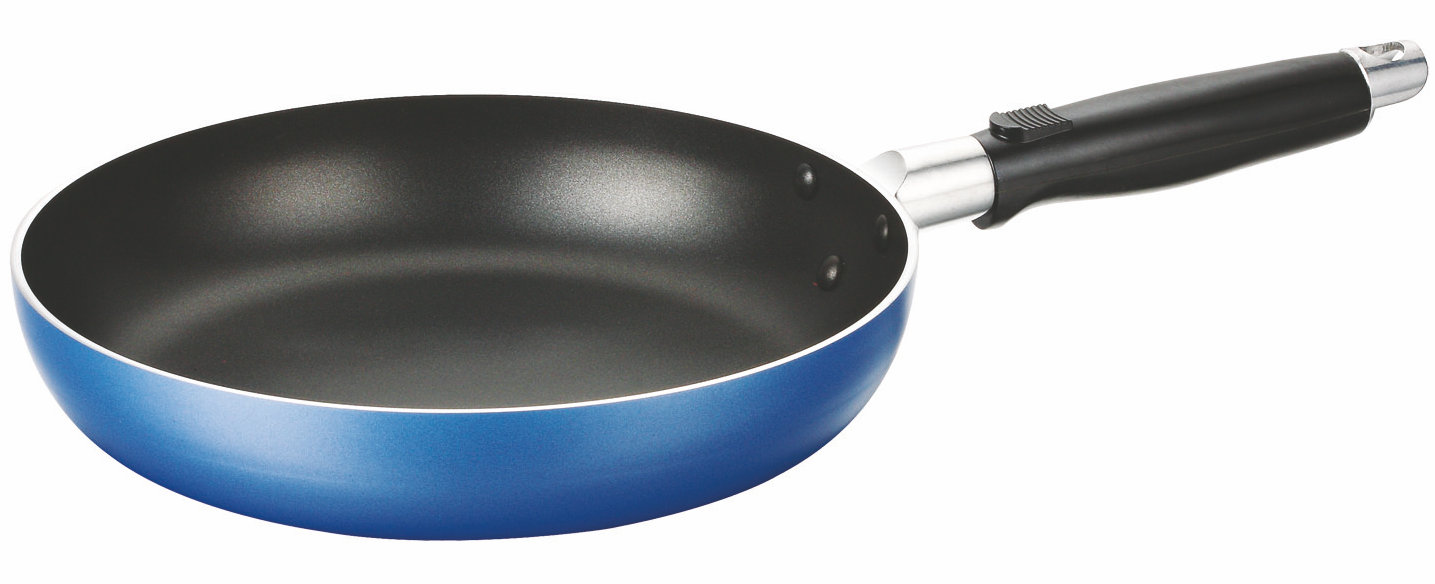
Non-stick vs alternative cookware (ceramic, stainless steel, copper etc.)
I’ve already written an article recently on non-stick cookware because so many of my readers were questioning my use of teflon pans. You can read it here.
My stance on non-stick cookware
It is far unhealthier to cook in cast iron, aluminum or stainless steel with Pam, oil, butter or lard than it is to cook in water in a non-stick teflon pan. Once you’ve used your pan once, and you cook on medium high heat you are at very little risk for any PFOA fumes forming and causing you harm. Bottom line – no one has gotten sick from using non-stick teflon pans and they are very safe nowadays. The only problem could be if you left it on high heat with nothing in it smoking for a while and you saw fumes forming. With proper use there is no need to worry!
Cooked food vs raw food
I have readers that are fans of either raw vegan food, cooked vegan food or both. I first started out by creating raw food recipes with my Savory Raw Dinner Recipes program for those wanting to eat 100% raw or mostly raw but still low fat and oil free. I had never had much cooked vegan food or even vegetarian ethnic food and have since taught myself how to cook homemade vegan dishes as well. Some readers are terrified/annoyed at my cooked food recipes and some others are afraid of some of my raw recipes on the blog because I labeled them “raw” and it sounds like a fad/cult diet.
My stance on cooked food
I really missed steamed broccoli and baked potatoes and baked yams eating a 100% raw food diet. I had also never eaten many beans or lentils and once I learned how to cook those I was really attracted to eating beans and rice or lentils with rice. They’re inexpensive, filling and easy to make and I enjoyed eating them more than raw food entrees that were mostly nuts with raw zucchini, carrots and cucumbers as the only veggies.
I don’t believe cooked food is poison and do enjoy a lot of veggies plainly steamed or baked. All of the plant based doctors recommend steaming, boiling and baking for healthy cooking methods so I don’t find there is anything to worry about. However I still enjoy eating some of my produce uncooked, such as fresh fruit, green salads and green smoothies. I don’t usually eat cooked meals 3 times a day, one to one and a half meals are usually raw with fresh produce.
My stance on raw food
Some people can be successful eating a high raw or 100% raw diet. For me, it limits the amount of recipes I can create and makes it difficult to feed my family without serious complaints of eating room temperature or cold food day after day. My family was not very happy eating raw food when they saw me, but were more accepting of eating cooked vegan dishes. Omitting meat seemed to be easier for them once I had cooked vegan dishes with lentils, beans or tofu.
I still love eating fresh produce and all of my green salads are raw. I make my own raw dressings from fresh fruit, fruit juice, nuts or nut butters and a little vinegar and spices. I only label recipes as raw on the blog not to scare people away, but just so search engines can direct people looking for specifically raw recipes to my website. I still enjoy making recipes for everyone and keep them oil free and low fat with a wide variety of fresh raw and cooked plant foods. So please don’t let labels or crazy trendy restaurants scare you away. I make delicious normal food for every day people!
In Summary, the most important things to remember for healthy eating are:
- Eat plant based or as close to plant based as you can. Don’t eat animal products because you feel you have to to please others or fit in.
- Eat whole foods for the majority of your meals – even if you can’t afford 100% organic or GMO free. Canned foods are ok, just look for BPA free cans.
- Don’t use oil because you think it’s healthy for you, or you “need it”. Get the facts.
- Don’t fall for the gluten free/low carb fad. It’s promoted by people wanting you to eat loads of meat, fat and oil (and they sell oils and supplements too) Eat whole grains, not refined sugar and flour to feel great and lose weight.
- Cook oil-free – even if it means using non-stick cookware. Which is actually not dangerous like you may have previously thought. There’s actually hundreds of times more PFOA fumes released in the liner of microwaveable popcorn bags than from even new non-stick cookware, and there’s almost zero produced with well used cookware.
- You don’t have to supplement if you eat 100% whole foods and plant based, but if you aren’t you can consider supplementing with a quality supplement.
- Eat a variety of fresh and cooked fruits and vegetables. Mix it up and eat the foods you like!
So I think I’ve covered everything and there’s no need for anyone to reprimand me for being uneducated in any of these issues and freak out. 🙂 Thank you for reading, and let me know what you think in your comments below and as always let’s be kind and respectful to each other.

